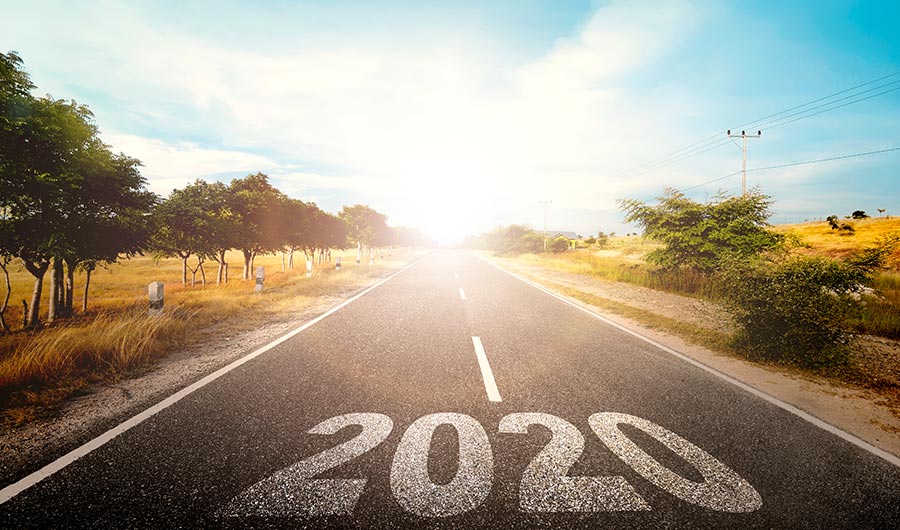Looking Back on 2020

leolintang/Shutterstock
(Inside Science) -- As 2020 finally comes to a close, the staff of Inside Science want to wish happy holidays and a better 2021 to all. This year, the world has seen more than 1.7 million people die from COVID-19 and many more suffer serious, long-lasting symptoms from the disease. Economic effects have devastated families and industries.
Yet science offered a bright spot: It took less than a year to identify and sequence the novel coronavirus and to develop, test and approve multiple vaccines to protect against it.
The response to the pandemic has also shown that science can move at remarkable speeds when a crisis demands it. One of the biggest projects that Inside Science developed this year recognized the complicated legacy of a huge scientific and engineering effort: the construction of the first atomic weapons. The dawn of the atomic age 75 years ago has had a profound effect on scientists and the process of science, as well as on the rest of the world and its culture.
Away from the urgency brought on by the pandemic, science also regularly gives us small wonders. For example, this year we examined how much more damage roads suffer from big trucks than small cars and learned more about why Legos and other items snap together in just that way.
After a tough year, we want to thank our readers and viewers for sharing our curiosity. Here are several of the Inside Science stories that our readers and viewers were most interested in this year:
Lonely Pair of Mystifying Space Objects Found Traversing the Void
Nine Nobel Prize Predictions for 2020
Largest Known Maya Structure Found, More than 4,000 Feet Long and Nearly 3,000 Years Old
Why You Should Probably Get a COVID-19 Vaccine Even if You've Already Had the Disease
Geologists Dig Into the Origins of Plate Tectonics
How Viruses Secretly Control the Planet
New Worm Species with Jewel-Like Scales Discovered in Deep Ocean Darkness
Crabs Use Belly Sounds To Communicate
The Mystery of Superbolt Lightning
Here's to a better 2021.

